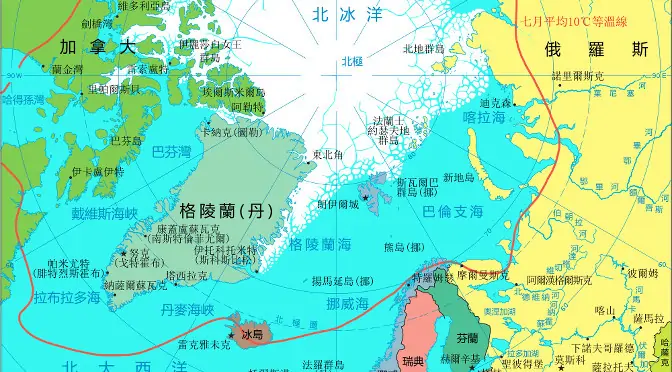(Update 4 April 2022 – For news originating from the two People’s Republic consult: Lugansk Media Centre and Donetsk News Agency). (Update 20 January 2015 – see also the latest articles on ultra-nationalism in Ukraine – 1- victims and heroes; 2- demise or metarmophosis and 3- parties and battalions – which contribute to explain current interactions, and foresaw the increased likelihood to see the conflict being rekindled for a while. What is below is still important and relevant to be able to understand the current situation as well as its possible evolution). (Photograph by Andrew Butko – CC BY-SA 4.0) In the framework of our analysis on Ukraine, this article is the second part of our focus on the separatists, the self-declared Donetsk People’s Republic …
Continue reading “War in Ukraine: Hope, Outrage and Fortitude – The Separatists (2)”











